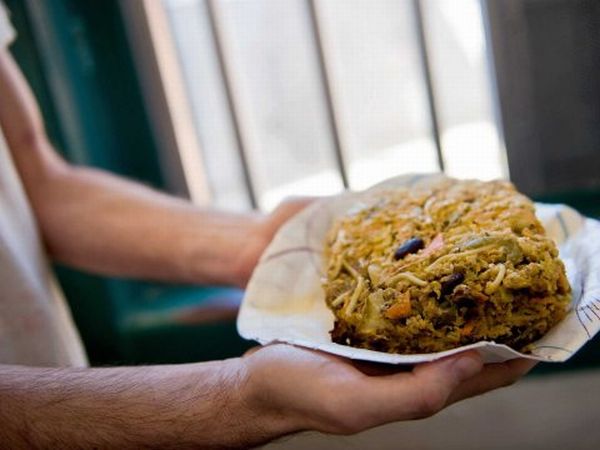Food poisoning is an awful thing to experience, and depending on the bacteria you have contracted it could lead to death. Usually the only people to succumb to food poisoning are the elderly, the very young, or those with auto-immune illnesses that cannot fight off the infection.
There are different types of bacteria that can get into different foods in different ways. Sometimes food poisoning happens because someone left the tuna salad out for too long, while sometimes bacteria gets into canned goods in the factory where they are being packed.
There are numerous types of bacteria out there, but there are some that you’ll find more common when it comes to notable cases of food poisoning and food contamination. Think about the last time you saw a newscast about a food recall, what was the reason? It was likely one of the following.
Botulism
Botulism poisoning is pretty rare, although people get Botox shots on a daily basis, which uses a botulism toxin to help with skin wrinkles and pain management. There are only about 145 cases of botulism poisoning reported each year.
Botulism happens in low oxygen environments and is most common in canned goods. This is one of the reasons why there are so many safety precautions one should take when home canning. Canned tomatoes are probably one of the most common sources of this toxin.
E.Coli
2,000 people contract E.Coli each year. People that get this type of poisoning suffer from extreme stomach pains, diarrhea, vomiting, and even a high fever. The sooner you get to the doctor the better, as bad cases can lead to death.
Animal feces is one of the most popular contaminates making people sick, which is why in beach towns many beaches get shut down periodically due to E.Coli content. It may seem gross to think about animal poop in your food, but it does happens.
Salmonella
Salmonella is the second most common cause of food poisoning. It causes about 400 deaths per year. Food products that come from animals are the most likely to get this bacteria, and it can affect pets and people. Eggs and raw chicken are probably two of the most recognized sources.
You may also get this, and E.Coli, when working with animals and not washing your hands properly before eating. Unlike E.Coli, you can also get salmonella from human feces.
Listeria
Listeria becomes prevalent in foods that are not properly pasteurized. This nasty strain of bacteria causes over 1,600 illnesses every year. A listeria contamination most commonly happens in raw milk, raw meats, raw seafood, sometimes cooked poultry, and even some processed meats.
The worst thing about this bacteria is that it can even grow in properly refrigerated items. However, it usually only has major health effects on those that are already sick with other illnesses.
It is possible to avoid food poisoning. Even with the hundreds to thousands that come into contact with these bacteria each year, there are many more people that never contract food poisoning at all.
Properly preparing foods, storing foods, cooking foods, and even proper bagging at the grocery store can all help prevent food borne illnesses. Clean up in between cutting different types of meat is also important to prevent cross contamination, which can lead to bacteria growth.
It’s not just important to be clean, though. Cook meat to proper temperatures. Keep foods like milk and eggs at the proper chilling temperature. Don’t keep foods made with eggs, like mayo, out for longer than an hour without some kind of chilling. Even a tray of ice might not be enough to prevent an outbreak of food poisoning.
When in doubt, look up information on proper storage and cooking temperatures, and other tips that may help prevent any of these life threatening illnesses.
Article Submitted By Community Writer





